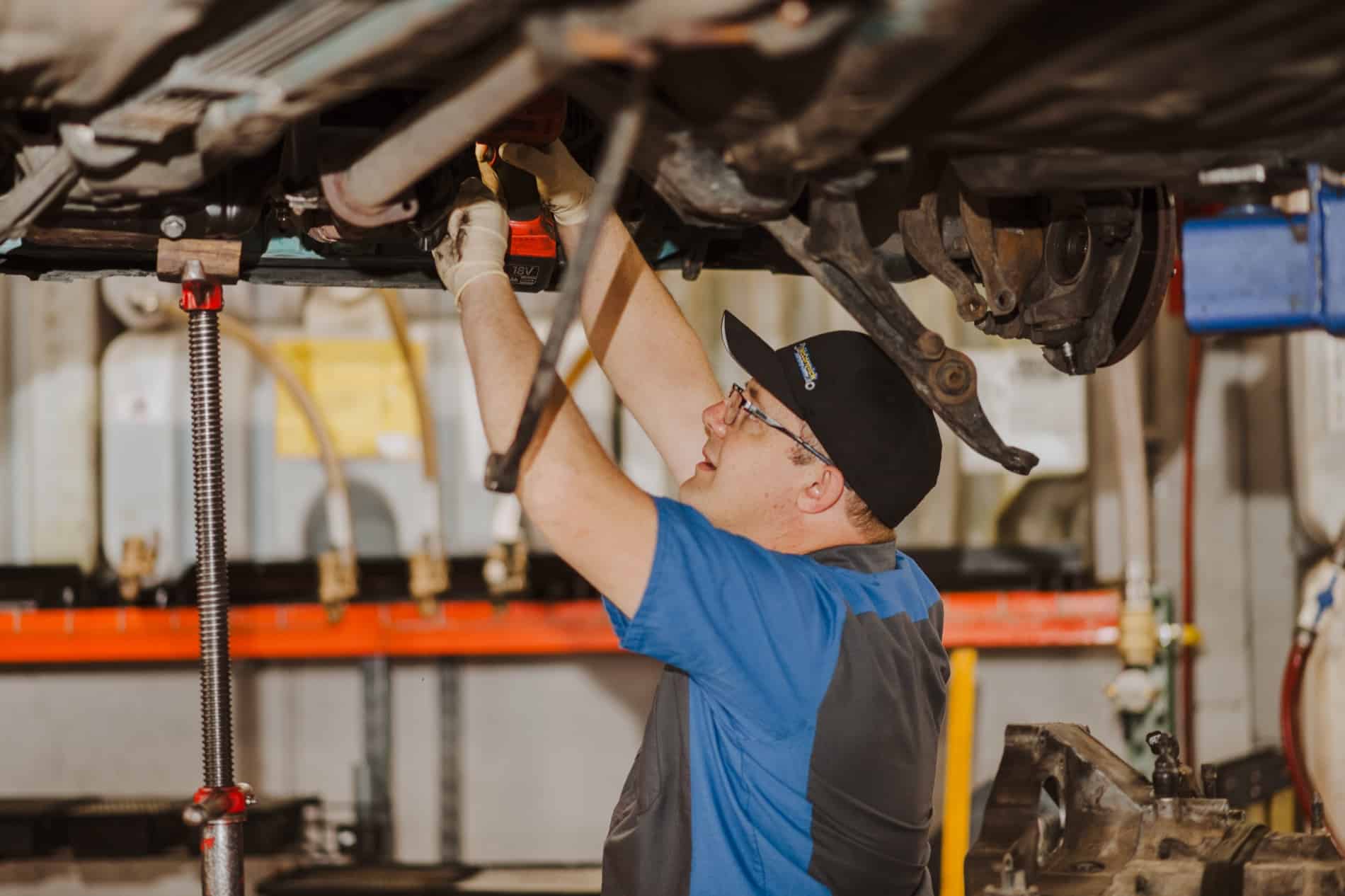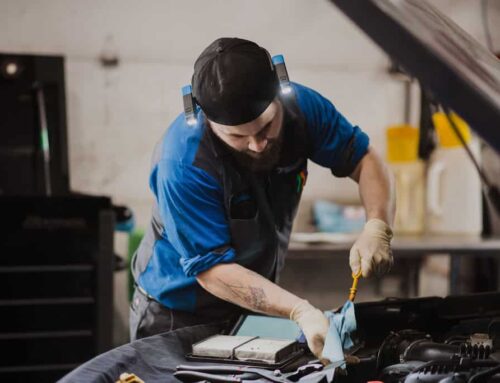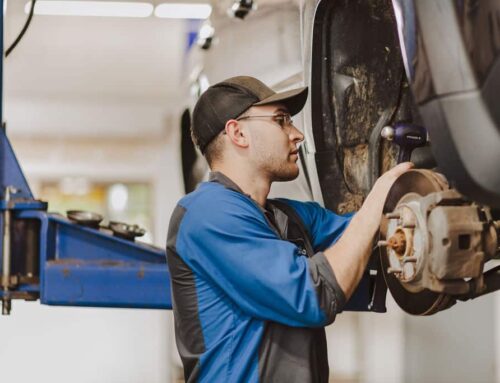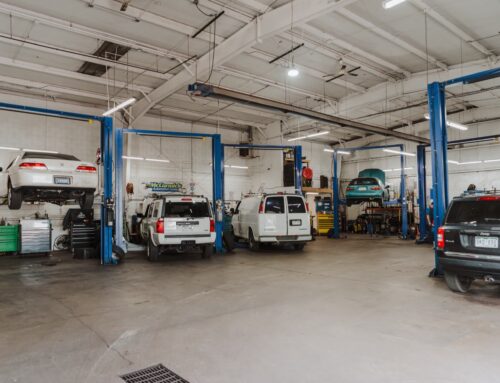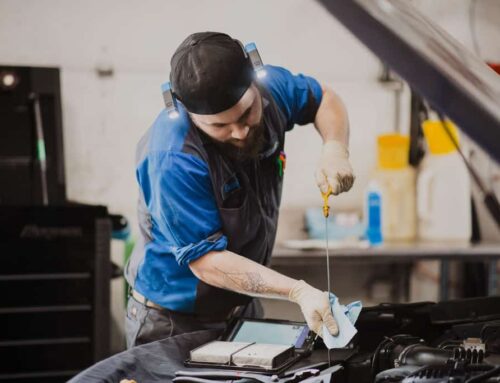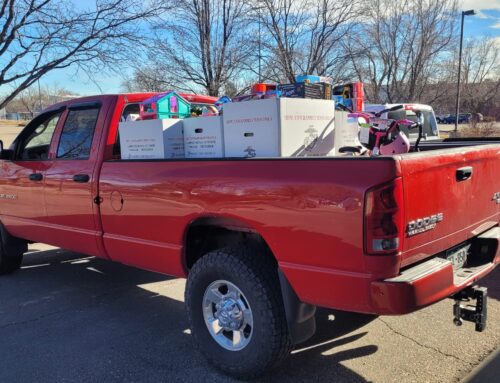Car body repairs are an essential aspect of vehicle maintenance, ensuring your car remains safe, functional, and visually appealing. Whether you’ve been involved in a minor fender bender or a more significant collision, understanding the basics of car body repairs can save you time, money, and stress.
In this comprehensive guide, we’ll cover what car body repairs entail, common types of repairs, how to choose the right shop, and what to expect during the process.
What Are Car Body Repairs?
Car body repairs involve fixing any damage to a vehicle’s exterior or structural components caused by accidents, wear and tear, or environmental factors. This includes everything from small scratches and dents to complete panel replacements or frame realignments.
Modern car body repairs utilize advanced tools and techniques to restore vehicles to their original condition, ensuring safety and preserving resale value.
Common Types of Car Body Repairs
There are several types of car body repairs, each suited to specific kinds of damage:
- Dent and Ding Removal
Small dents caused by hail, parking lot mishaps, or minor impacts can often be fixed using paintless dent repair (PDR). This method restores the metal without needing a repaint. - Scratch and Paint Repair
Scratches can compromise your car’s appearance and lead to rust if untreated. Professional technicians use precision tools and paint-matching technology to blend the repair seamlessly with the rest of your car. - Bumper Repairs
Bumpers are prone to damage during low-speed impacts. Repairing or replacing a bumper ensures that your vehicle maintains its protective capabilities and aesthetic appeal. - Frame Straightening
In more severe accidents, the car’s frame may become misaligned. Technicians use specialized equipment to straighten the frame, restoring the car’s structural integrity. - Panel Replacement
If a panel is extensively damaged, it may be more cost-effective to replace it entirely. This process involves installing a new panel and ensuring it matches the rest of the vehicle. - Rust Removal
Rust can weaken a vehicle’s body and reduce its lifespan. Professional rust removal involves sanding, priming, and repainting to protect your car from further corrosion.
How to Choose the Right Auto Body Shop
Choosing a reliable auto body shop is an essential step in ensuring quality repairs. Start by looking for certifications from reputable organizations like the National Institute for Automotive Service Excellence (ASE) or I-CAR, which demonstrate that technicians are trained in the latest repair techniques. Equally important is finding a shop that offers warranties on their work. For example, McCormick Automotive provides a 5-year/60,000-mile warranty, underscoring their commitment to quality and customer satisfaction.
Customer reviews and testimonials can provide valuable insight into a shop’s reputation. Online platforms or personal recommendations from friends and family are great resources for gauging reliability. Shops with AAA approval, such as McCormick Automotive, have also met stringent quality standards, making them a trusted choice for car body repairs.
Finally, a trustworthy shop will offer transparent, itemized estimates before beginning work, ensuring there are no hidden fees or surprises. By keeping these factors in mind, you can confidently select a shop that delivers expert repairs and excellent service.
The Car Body Repair Process: What to Expect
Understanding the repair process can help you feel more confident about leaving your car in the hands of professionals:
- Assessment and Estimate
The process begins with a detailed inspection to assess the damage. Technicians will provide an estimate for repairs, often using specialized software to ensure accuracy. - Insurance Approval
If the repairs are covered by insurance, the shop will work with your provider to streamline the claims process. - Repair Work
Once approved, technicians will order the necessary parts and begin the repair work. Depending on the extent of damage, this could include sanding, welding, painting, or panel replacement. - Quality Control
Before returning your vehicle, the shop will conduct thorough quality checks to ensure all repairs meet safety and aesthetic standards. - Final Delivery
The car is cleaned, polished, and returned to you in like-new condition.
Tips to Minimize the Need for Car Body Repairs
While some damage is unavoidable, there are steps you can take to reduce the likelihood of needing repairs:
- Park Wisely: Choose spots away from high-traffic areas to avoid dents and scratches.
- Wash Regularly: Clean your car frequently to remove debris and contaminants that can damage the paint.
- Use Protective Coatings: Waxing or applying a ceramic coating can protect your car’s finish from environmental damage.
- Drive Defensively: Stay alert and maintain a safe following distance to reduce the risk of accidents.
Trust the Experts at McCormick Automotive for Your Car Body Repairs
When it comes to reliable and professional car body repairs, McCormick Automotive is a trusted name in Fort Collins. As a AAA-approved shop, we specialize in a wide range of services, from minor dent removal to complex collision repairs. Our 5-year/60,000-mile warranty underscores our commitment to quality and customer satisfaction.
For more information on our services or to schedule an appointment, visit our Schedule an Appointment.
Additional Resources for Car Body Repairs
Staying informed about car care can help you make better decisions. Check out resources like the AAA Car Repair Guide for tips and recommendations on maintaining your vehicle.


